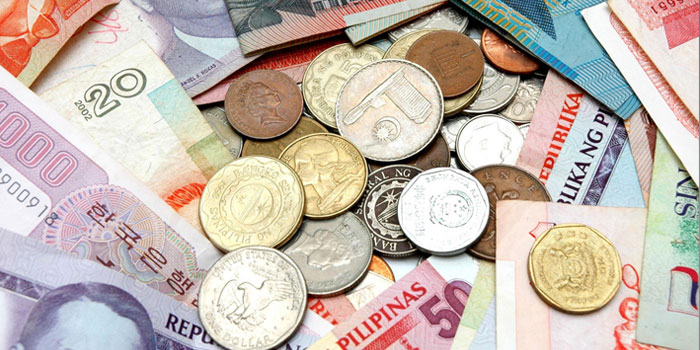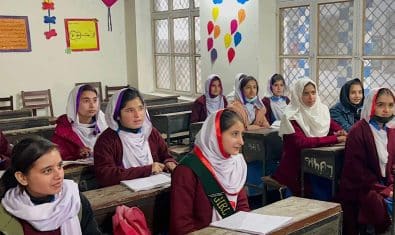During the fiscal year 2014-15 (from July to June), overseas Pakistanis have sent remittances of 18.4 billion US Dollars. This comes in as 16.5 percent increase year-over-year according to the numbers provided by the State Bank of Pakistan. Last year, remittances amounted to 15.8 billion US Dollars.
Overseas Pakistanis sent $1.8 billion in the month of June which was 9.5 percent higher than the previous month i.e. May 2015.
Most of the money was transferred from Saudi Arabia during the past year. Over $5.6 billion was moved to Pakistan during the 12 month period, an increase of about 19% compared to the previous year.
Remittances sent back home have risen by 16.5% compared to 2014
Inflows from the UAE increased even more and were up by 35.3 percent during the past year, boiling down to $4.2 billion during 2014-15. SBP data shows that the highest increase from major inflow providing countries was recorded from the UAE.
Remittances from the Gulf Cooperation Council (GCC) countries, excluding the UAE and Saudi Arabia, summed up to about $2.1 billion between July to June period.
Citizens in the United Kingdom transferred $2.3 billion, up by 4.9 percent, while Pakistanis from the United States sent $2.1 billion, up by 4.8 percent during the past year. This translates to an increase of 15.6 percent over the preceding fiscal year.
Major contributors from the GCC were from Oman, Bahrain, Qatar and Kuwait accounting to $666.8 million, $389 million $347.5 million and the highest $748.1 million of the total amount respectively.
The Gulf states account for 65% of all the remittances sent back to Pakistan
Income transferred back from Australia, Canada, Japan, Norway and rest of the world were up by 7.7 percent during the month of June. Average monthly inflows were $1.5 billion in 2014-15 up from $1.3 billion in 2013-14. The general trend of increase in remittances has continued during the past year up from 13.7 percent to 16.5 percent.
Remittances had remained stable during the political instability that began in August and after the Army Public School attack and remained at $9 billion during the first half and $9.4 billion during the second half.
When combined, the Gulf states account to a major share of the remittances sent back to Pakistan and take up almost 65% of all the remittances sent back home. Analysts fear that the dwindling global oil prices might force these governments to reduce their workforce and cause unemployment for the citizens residing there thus, reducing the remittances in the coming year. Nonetheless, despite the decreasing oil prices during the past year, Pakistani citizens in all of the oil-producing Gulf States have sent back more amount than they did during the previous years.
Remittance inflows account for 90 percent of the Pakistan’s trade deficit
Analysts predict that any setback because of the oil prices will be damaging for the Pakistan economy. Remittance inflows account for 90 percent of the country’s trade deficit and could case balance of payment crises if the inflows are reduced.
The SBP reported:
The good news is that despite the oil slump, the GCC is still spending on infrastructure… A continuous depletion of these reserves would eventually start biting into their fiscal spending if oil prices fail to recover. The pace of Pakistan’s remittance growth cannot remain immune to the oil slump indefinitely.
On the other side, a decrease in oil prices means less balance of payment outflows, possibly nullifying the effect of any decrease in inflows that can be caused by the reduced oil prices.
via Express Tribune


























This windfall will not continue indefinitely, and a more sustainable model for dealing with soaring deficits must eventually be found.
so more Pakistanis are running away from these Noora & Zardari Co. democracy?
We export Human Capital and its our top most export!
We bring back foreign exchange in lieu of this export